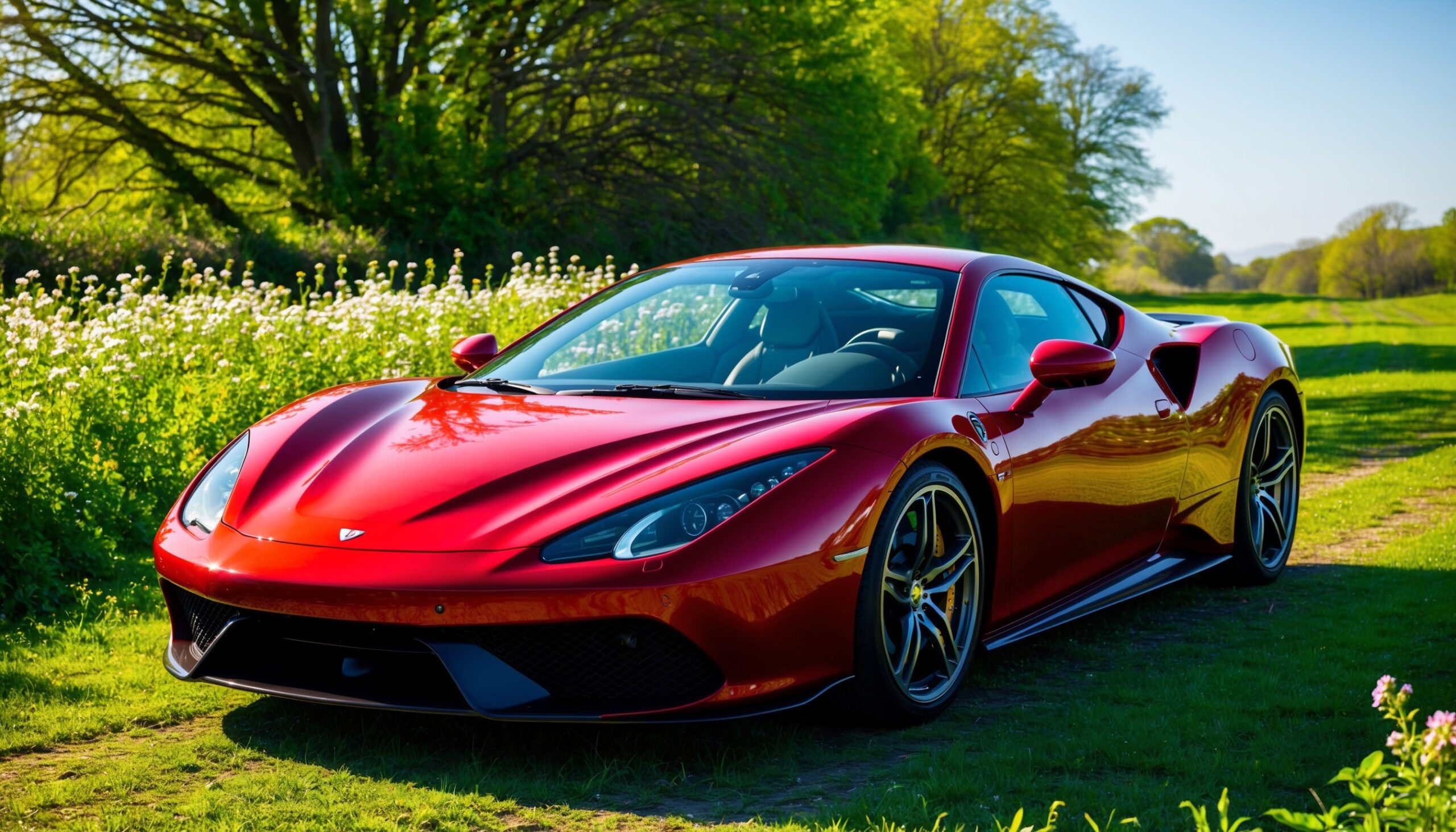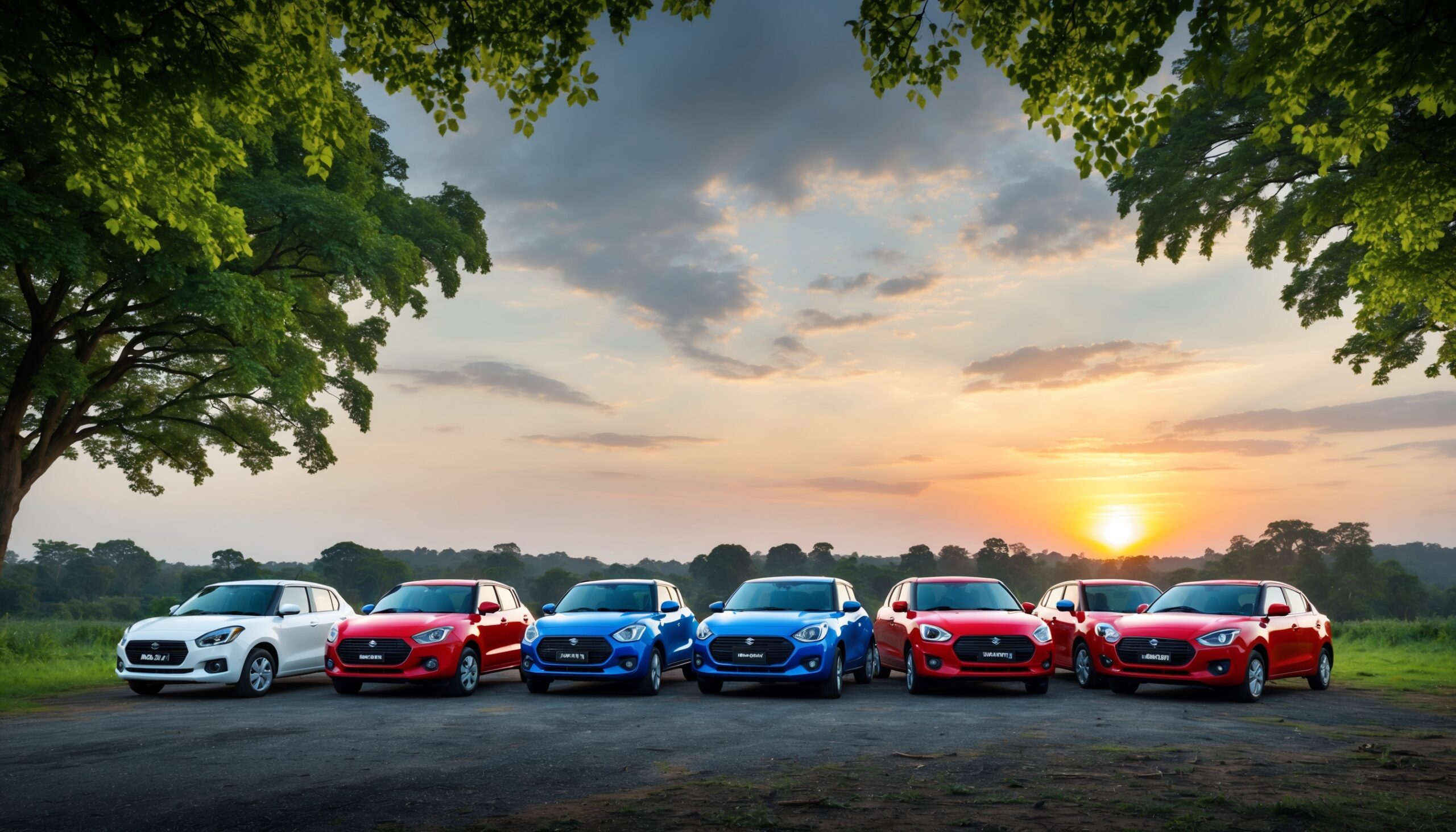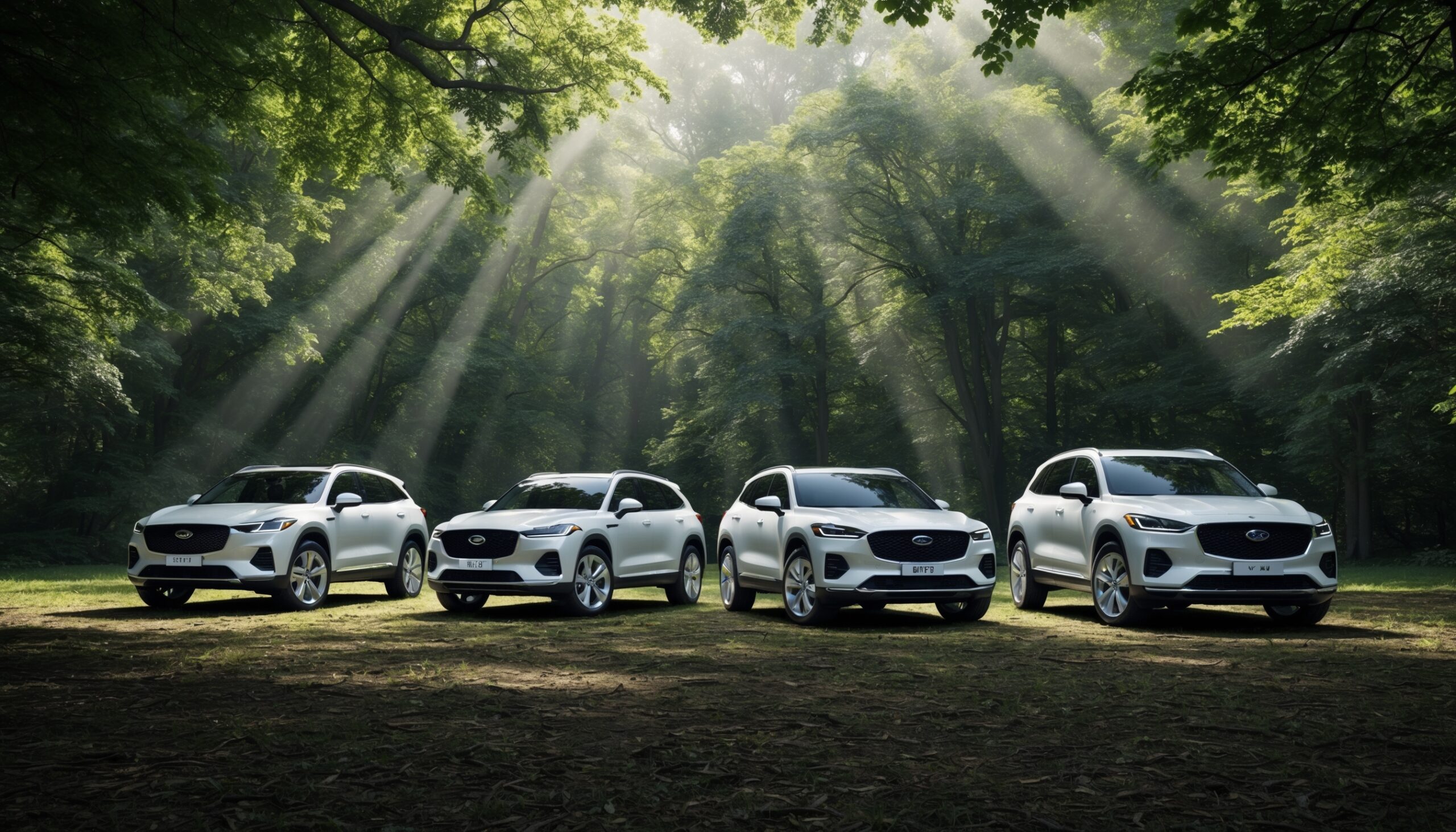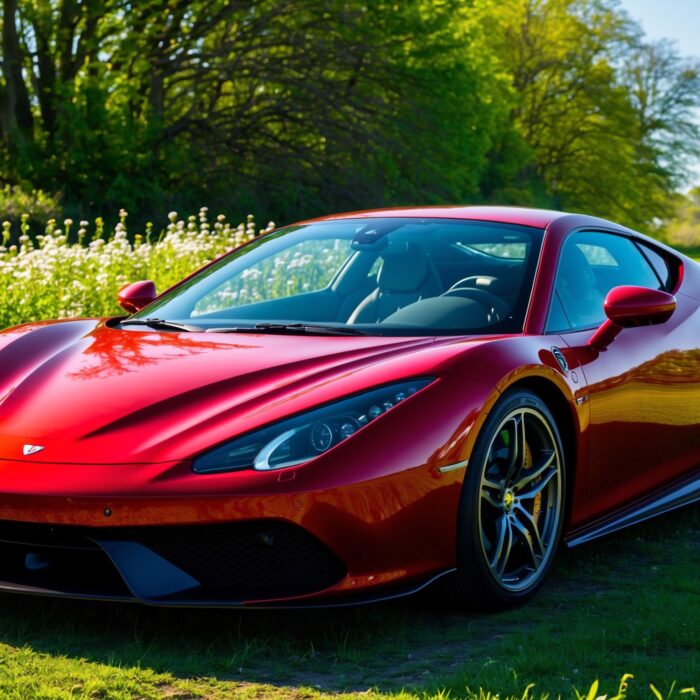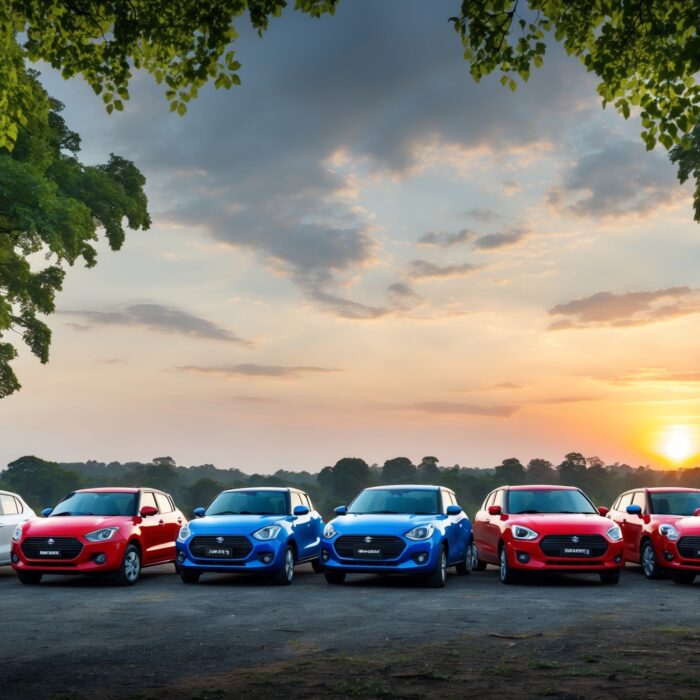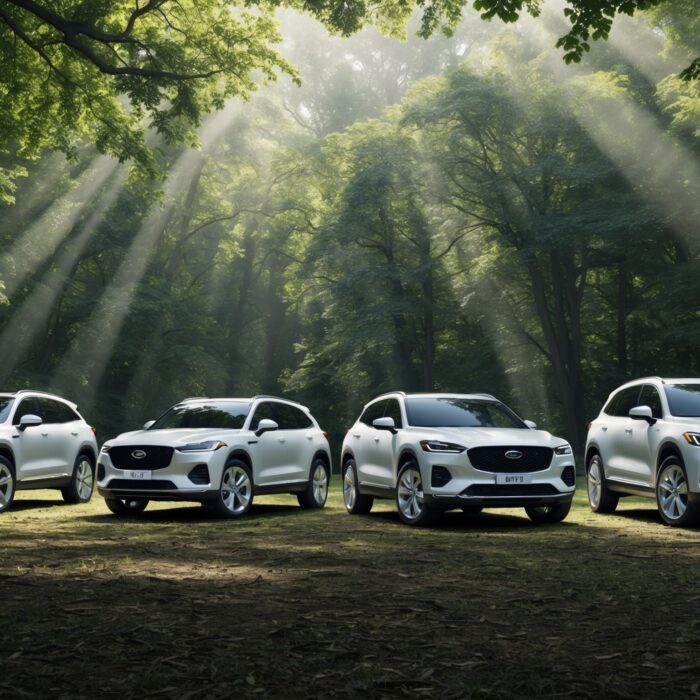What’s Hot in 2025: Emerging Trends in the Auto Industry
The automotive industry is on the brink of a significant transformation as we approach 2025. With rapid advancements in technology and a growing emphasis on sustainability, car enthusiasts and industry professionals alike are eager to know what’s next. In this article, we will dive into some of the most exciting trends shaping the automotive landscape. From electric vehicles (EVs) to autonomous technology and smart connectivity, there’s a lot to unpack!
The Rise of Electric Vehicles
As climate change continues to be a pressing global issue, the shift toward electric vehicles is not just a trend; it’s a necessity. Manufacturers are ramping up their electric offerings, with many aiming to have a substantial portion of their lineups fully electric by 2025.
- Increased Range: The range of electric vehicles is set to improve substantially. With advancements in battery technology, many EVs will soon offer over 400 miles on a single charge.
- Faster Charging: Charging stations are becoming more prevalent, and fast-charging technology is being developed to significantly reduce the time it takes to charge an EV.
- Affordability: As technology advances, the cost of manufacturing EVs is decreasing, making them more accessible to the average consumer.
Autonomous Driving Technologies
Self-driving cars are no longer a figment of science fiction. With companies like Tesla, Waymo, and traditional automakers investing heavily in autonomous technology, 2025 is expected to see a major leap forward in this area.
Also Read: Muscle vs Modern The Ultimate Car Showdown
- Level 4 and Level 5 Autonomy: By 2025, we may witness vehicles that can operate without any human intervention in specific conditions (Level 4) and in all conditions (Level 5).
- Improved Safety Features: Autonomous vehicles are designed to reduce accidents caused by human error, and with enhanced sensors and AI systems, we can expect safer travel.
- Regulatory Changes: As technology advances, so will the regulations governing autonomous vehicles. Expect a clearer framework that will allow for safe and widespread adoption.
Smart Connectivity and Vehicle-to-Everything (V2X) Communication
As cars become more connected, the concept of vehicle-to-everything (V2X) communication is gaining traction. This technology allows vehicles to communicate with each other and with infrastructure, leading to smarter traffic management and improved overall safety.
- Traffic Management: V2X technology can help reduce traffic congestion by optimizing traffic signals and providing real-time information to drivers.
- Enhanced Navigation: With real-time data, navigation systems can offer better route suggestions, taking into account traffic conditions and potential hazards.
- Emergency Vehicle Alerts: Cars will be able to receive alerts from emergency vehicles, allowing drivers to yield more effectively and improve response times.
Integration of AI and Machine Learning
Artificial Intelligence (AI) and machine learning are set to revolutionize the way we interact with our vehicles. These technologies will enhance everything from driving assistance to personalized driving experiences.
Also Read: Muscle vs Modern The Ultimate Car Showdown

- Personalized In-Car Experience: AI will allow cars to learn from their drivers’ habits and preferences, creating a more tailored driving experience.
- Predictive Maintenance: Machine learning algorithms can analyze data from various sensors to predict potential mechanical issues, allowing for proactive maintenance.
- Enhanced Driver Assistance: Expect more sophisticated driver-assist features that can adapt to real-time driving conditions, further enhancing safety.
Sustainability and Green Manufacturing
As automakers continue to prioritize sustainability, the focus will shift not only to the vehicles themselves but also to the manufacturing processes. By 2025, expect to see many brands implementing eco-friendly practices.
- Recyclable Materials: Automakers are increasingly using recyclable materials in vehicle production, contributing to a circular economy.
- Renewable Energy: Manufacturing plants will increasingly rely on renewable energy sources, significantly reducing their carbon footprint.
- Carbon Neutral Goals: Many manufacturers have set ambitious targets for carbon neutrality, which is becoming a standard expectation among consumers.
Advanced Safety Features
Safety remains a top priority for automakers, and as we look ahead to 2025, expect to see even more advanced safety features making their way into vehicles.
- Adaptive Cruise Control: This technology will continue to evolve, offering more nuanced control over vehicle speed and distance from other cars.
- Automatic Emergency Braking: Enhanced sensors will make automatic emergency braking systems more reliable and effective in preventing accidents.
- Driver Monitoring Systems: These systems will use cameras and sensors to monitor driver alertness, providing warnings to prevent drowsy driving.
Revival of Classic Cars with Modern Technology
For true car enthusiasts, the revival of classic cars with modern technology is an exciting trend. By 2025, more companies will offer retrofitting services, allowing classic vehicles to benefit from modern performance and safety features.
- Electric Conversions: Many classic cars are being converted to electric power, enabling enthusiasts to enjoy vintage styling with modern efficiency.
- Modern Drivetrains: Upgrading classic cars with new drivetrains can significantly improve performance, reliability, and fuel efficiency.
- Smart Technology: Integrating smart technology into classic cars can enhance the driving experience without compromising the vehicle’s original charm.
New Automotive Retail Experiences
As consumer behavior shifts, the automotive retail landscape is evolving. By 2025, buying a car will likely look very different from what it does today.
- Online Sales: The pandemic has accelerated the trend of online car sales, and this will continue to grow as consumers seek convenience.
- Virtual Showrooms: Expect virtual reality showrooms to become more common, allowing customers to explore vehicles from the comfort of their homes.
- Direct-to-Consumer Sales: More manufacturers are adopting direct sales models, cutting out the traditional dealership approach.
Conclusion
The automotive world is set for a period of remarkable change as we head into 2025. From the rise of electric vehicles and autonomous driving to the integration of AI and sustainability initiatives, the trends emerging are sure to captivate car enthusiasts and everyday drivers alike. At Torque Feed, we are committed to keeping you informed about these developments, ensuring you stay ahead of the curve in your automotive journey. Buckle up, because the future of driving is looking brighter than ever!



